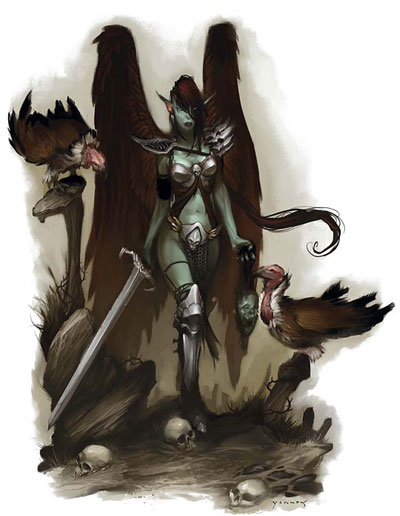Strawberry Jam,Oct 31 2016 wrote:Good luck explaining how a Coatl is good when they use poison which one of the books literally says is evil.
^This requirement of not using poisons is pretty stupid in D&D in general, but pretty sure it does not involve anything like natural inherit attacks creatures are born with. Venomous beasts don't cover their fangs with poison as a conscious choice, you know?
Strawberry Jam,Oct 31 2016 wrote:Good luck explaining how magical enchantment and mind control isn't evil but slavery is.
^Because it's a temporary form of magical attack, not a lifetime enslavement? Using Charm Person in an encounter will be just an attack, but if you use mind control spells to keep someone as a slave it's "Evil" act because it's exactly slavery the same way you used whips and shackles.
Strawberry Jam,Oct 31 2016 wrote:Good luck explaining that Djinn are ascetic selfless creatures and helpful all the time and don't act like genies since they're good.
A character isn't required to be an ascetic saint to qualify as Good. Where you even found it? Djinni's occassionaly help adventurers and usually aren't this kind of a-holes efreeti and dao are so they qualify into "Good" bracket. Probably very close to "Neutral", but still.
Strawberry Jam,Oct 31 2016 wrote:Good luck explaining how unicorns in fact do help the humanoid male adventurers instead of staying away except for an innocent female maiden.
^Why so strange? D&D unicorns aren't 100% identical with RL mythology. Don't have to be. Someone decided that they help good creatures and they do.
Strawberry Jam,Oct 31 2016 wrote:Also good luck explaining how a Slaad literally transforms into a Modron if they do something you characterize as lawful.
^They do? Since when? I'm trying to find a sourcebook saying they do. Pretty sure the only morphing descibed in books was on Good<->Evil axis.
Also, purely chaotic creatures like slaadi can even on occasion do something what looks like lawful behavior because random's gonna random.
I'm afraid you're taking things too literal.
The moral absolutism is totally a thing in D&D. A few exceptions in monster manuals who could not be written into any alignment system because they're too weird proves nothing. Monsters that weren't supposed to be playable have often alignments assigned with tactical mechanics in mind - aka what effects are supposed to be working against them.
But it doesn't mean the moral absolutism system isn't here.
You know this proverb about there being an exception from every rule?
As for cannibalism... You can't be even sure if the writer knew, for an example, there's something like a ritual burial cannibalism like "let's eat our dead granpa to show a respect to him".
But then, P&P books are written in mind with a DM ruling out inconsistencies and contradictions, not with taking the book literally.



